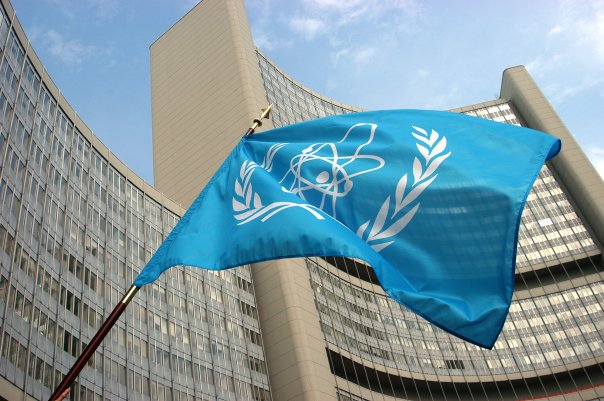 Ilyas El Omari, Secretary General of Morocco’s Authenticity and Modernity Party (PAM), the main opposition party in parliament, presented his resignation on the backdrop of protests in northern Morocco and ten days only after a critical speech by the King lambasting political parties and public officials for falling short to fulfil their duties in serving citizens.
Ilyas El Omari, Secretary General of Morocco’s Authenticity and Modernity Party (PAM), the main opposition party in parliament, presented his resignation on the backdrop of protests in northern Morocco and ten days only after a critical speech by the King lambasting political parties and public officials for falling short to fulfil their duties in serving citizens.
The resignation of Ilyas El Omari, who is also head of the council of the northern Tangier-Tetouan-Al Hoceima region, was announced late on Monday in a statement by the party’s political bureau.
“Given his political responsibility as Secretary General who has supervised the different phases, which the party has undergone for over a year, including elections, El Omari handed in his resignation from the position of PAM’s secretary general, and underlined that he will remain, as he has always been, an activist within the party and its bodies, PAM said in the statement.
On Tuesday morning, El Omari held a press conference explaining that his decision was irreversible and stems out of personal reasons and that he assumes the “political responsibility” of his party’s decline in the latest general elections.
El Omari was elected PAM Secretary General in January 2016 and vowed to lead his party to win the parliamentary elections. However, in the October polls, his party came second behind the ruling Justice and Development Party (PJD)
This resignation comes a day after the PAM’s leadership debated, at a lengthy meeting, the party’s performance since the parliamentary elections.
It also takes place in a context marked by protests in Al Hoceima, which lies in the jurisdictions of the regional council led by El Omari.
The protests unveiled the slow pace of social development projects and held local and regional officials responsible for the delay in achieving them.
Moroccan media associated the resignation of El Omari with the speech delivered by King Mohammed VI on July 29, on the eve of Throne Day celebration. In his speech, the King severely rebuked political parties for abandoning their mission in supervising citizens and defending their interests and lambasted officials for forsaking their tasks.
El Omari’s resignation is also a decision taken few weeks after a meeting with an investigation committee on the projects in Al Hoceima.
The investigation committee was set up at the King’s order to determine those responsible for stalling a set of development and social projects launched part of the program dubbed “Al Hoceima Lighthouse of the Mediterranean”.
At a Ministers’ Council held late June, King Mohammed VI had expressed his disappointment, discontent and concern, over the slow pace of development projects implementation in the Rif that he had launched in 2015, long before the wave of popular protests broke out in the region.
The program, worth $665-million, is meant to promote the region’s development through implementing a host of projects slated for completion in 2019. Unfortunately, many of the projects scheduled in the program never saw the light of the day due to the lack of follow-up by relevant ministries and local officials.
In view of the serious warnings expressed in the Throne Day speech, analysts and local media predicted that a number of senior officials of the Moroccan administration, including cabinet members, governors, and local elected representatives, would step down. And El Omari’s resignation is the first to show that these predictions were accurate.


